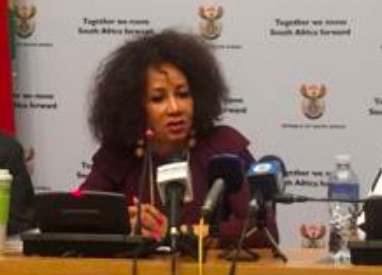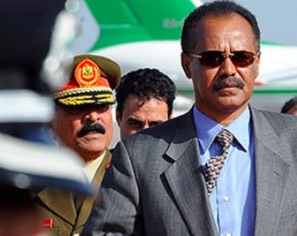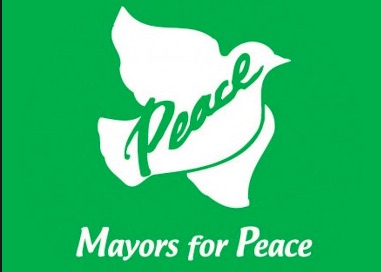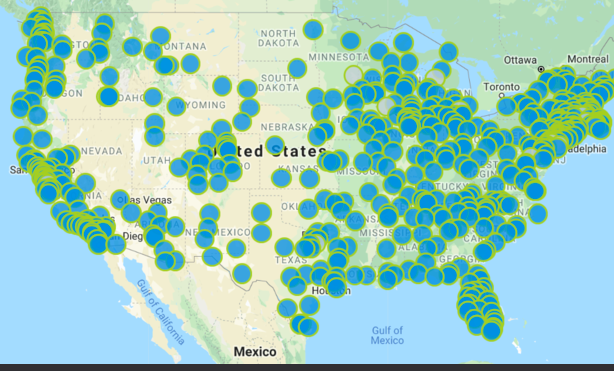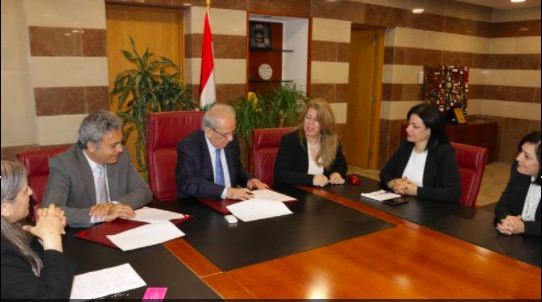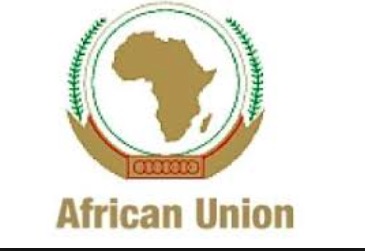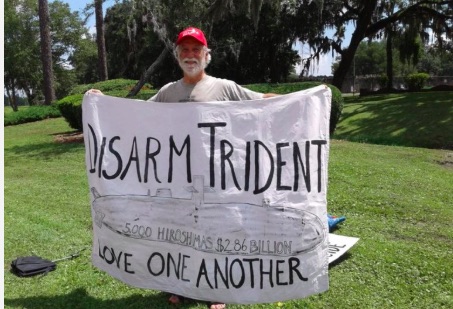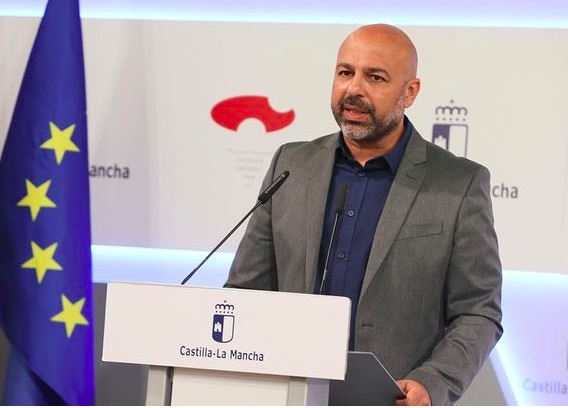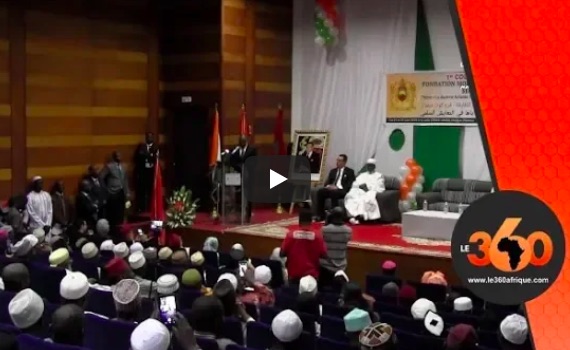While the headlines are mostly pessimistic about peace, there have been two stories that give us some hope for solutions to two of the longest running international tensions. In Korea, there are some positive assessments coming out of the summits between the Presidents of the two countries and the summit of the Presidents of North Korea and the United States. Similarly, there are some positive assessmens of the rapprochement between Ethiopia and Eritrea.
At the same time, there is “slow news” that doesn’t make the headlines, but is developing slowly at a deep level. It’s not simply peace, but rather a “culture of peace.”
We can see this especially in Africa. For example, in the past few decades Africa has shown its leadership with the Truth and Reconciliation Commission in South Africa and the Gacaca in Rwanda, and following in the footsteps of the freedom fighters of yesterday, it has great potential to continue providing leadership in the future.
At CPNN we have followed these developments over many years. This is the fifth CPNN bulletin devoted to the development of the culture of peace in Africa, with previous bulletins published in March 2016, December 2014, April 2014, and August 2012.
The Peace and Security Council of the African Union (AU) recently held its 766th meeting. It was dedicated to Africa’s Peace and Security Landscape by the Year 2023 and topics included improvement of governance, use of election observation missions, effective natural resources management systems, balanced economic development, inclusion of youth in peace processes and development of the culture of peace, unity in diversity and tolerance in education curriculums. CPNN has been following the peace initiatives of the AU since 2011.
The African Union recently announced that the tourism sector supports about 21 million jobs in Africa with a value of over $160 million, exceeding manufacturing and banking sectors combined. CPNN previously reported on a major event of tourism for a culture of peace held in Johannesburg, South Africa, in January 2015 and has followed the development of tourism for a culture of peace around the world.
The Great Green Wall, a reforesting initiative crossing the entire continent of Africa is recently back in the news with announcment of substantial financing from the World Bank, the European Union and the United Nations Food and Agriculture Organization. This is yet another project of the African Union. CPNN first reported about the Great Green Wall back in 2011 when it was initiated by Nobel Peace Laureate Wangari Matthai. It grew out of a movement that she had started in Kenya in 1977.
A similar reforestation project, the “plant a million trees Initiative ,” is now underway in Zambia which is further south on the African continent. So far, tree nurseries have been set up at 12 schools in Lusaka, and the project expects to reach 720 schools in the next two years in 60 districts across the country.
Readers of CPNN will recognize the Felix Houghouet-Boigny Foundation, which recently held a seminar on the culture of peace in Yamoussoukro, Côte d’Ivoire. The Foundation was at the source of the UNESCO Culture of Peace Initiative back in 1989, and CPNN was proud to be invited back in 2014 to celebrate its 25th anniversary. Other recent initiatives of the Foundation include a school for the culture of peace , a regional centre for culture of peace and university clubs for peace and non-violence.
The Panafrican Women’s Network for Culture of Peace and Sustainable Development recently elected a new president, and she announced that the network will be set up in all nine provinces of Gabon. CPNN reported on the founding of the network in 2014.
Many peace initiatives oppose the spread of Islamic terrorism in Africa. Some are religious, such as the Mohammed VI Foundation, based in Morocco and meeting recently in Cote D’Ivoire. They promote “the original sources of Islam, which is committed to peace and tolerance and peaceful coexistence in society.” Other initiatives are secular, such as the International Post-Forum Seminar on Peace and Security in Africa, meeting in Dakar, and addressed by an activist from Tunisia who called for a strategy that is global and multifaceted, involving not only the State but also the general populations.
Perhaps the greatest contribution of Africa to the culture of peace was that of Nelson Mandela. His contributions are still being carried on. The South African Minister for International Relations and Cooperation, Lindiwe Sisulu, has announced that South Africa’s tenure in the United Nations Security Council will be dedicated to the legacy of President Mandela and his commitment to peace. Lindiwe is the daughter of Walter Sisulu, one of the greatest South African peace activists and a close comrade of Nelson Mandela in the South African freedom struggle..
Although these stories about the culture of peace are not “fast news,” at least they have been reported somewhere on the internet as “slow news.”. However, we must imagine that many other initiatives promoting a culture of peace never make it onto the internet and what we are seeing is only the tip of the iceberg. We are always looking for reporters, so if you know of initiatives that are not receiving recognition, please send them to us so we can publish them on CPNN
|
FREE FLOW OF INFORMATION |
DISARMAMENT AND SECURITY |
DEMOCRATIC PARTICIPATION |
SUSTAINABLE DEVELOPMENT |
|
WOMEN’S EQUALITY |
HUMAN RIGHTS |
TOLERANCE AND SOLIDARITY |
EDUCATION FOR PEACE |
